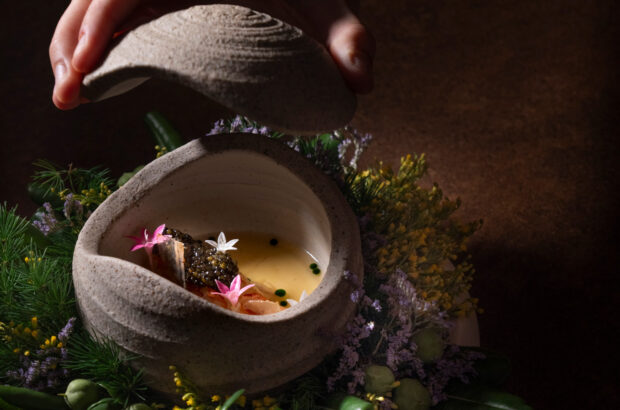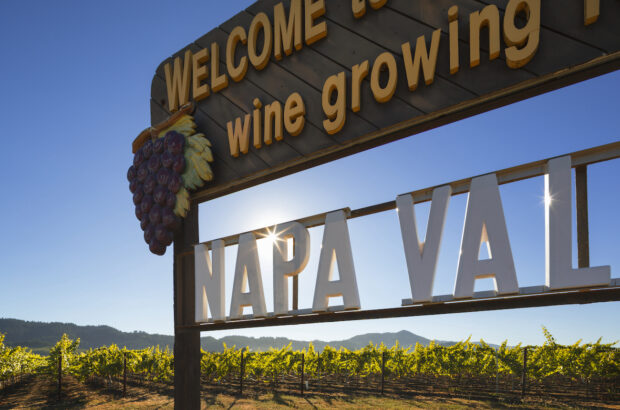What are the latest trends shaping vineyards and viticulture in California? John Stimpfig finds out from those at the sharp end...
What’s new in California vineyards
This page forms part of our larger article on new California wine trends, which first appeared in the California supplement of Decanter’s September 2016 issue.
Site selection and authenticity
Bryan Kays, winemaker, Trefethen ‘Today, there’s a real thirst for authenticity – in other words, wines that are true to their site, their variety and their vintage.
‘In California, where sunshine is ample and drought has been limiting water, site selection will continue to be of vital importance. In particular, cooler sites will be best for full expression of a soil type. But there must also be meticulous vineyard management to target freshness as well as ripeness.’

Bryan Kays, Trefethen
Back to nature
Jeff Virnig, winemaker, Robert Sinskey Vineyards ‘The industrial farming paradigm is collapsing in California wine, so the future will continue to see a welcome return to traditional grapegrowing techniques.
‘At Robert Sinskey, we’ve been well ahead of the curve and began a soil fertility management programme 30 years ago. As a result we eschewed using chemicals and encouraged holistic approaches.’
Site specific
Michael Scholz, vice president of winemaking and vineyards, St Supéry Estate Vineyards & Winery ‘Substantial investment in technology for our vineyards is on the horizon as we become more site specific. This enhanced focus will not only improve the quality of the fruit and improve our sustainable practices, but it will also create wines that are even more balanced than the past.’
Focus on terroir
Joel Peterson, founder and winemaker, Ravenswood Winery ‘There’s been a move towards wines of place, as so many wines out there at the moment are more like beverages than fine wine. There’s a real movement among winemakers to look in the direction of place in winemaking.’
Cooler climate
Jon Emmerich, winemaker, Silverado Vineyards ‘As climate change makes inland California hotter, the cool maritime influence will become greater in Napa. When this happens, vine infrastructure will have to change to ensure that once the fog burns off, there’s enough photosynthesis to perfectly ripen Cabernet.
‘At Silverado, we’ve planted our new 9ha Mount George vineyard to reflect this, with completely different row orientation, vine spacing, and perfectly adjustable cross arms to account for both morning fog and late-afternoon sun.’
Earlier harvests
Joe Shirley, winemaker, Napa Cellars ‘I think we’ll continue to see earlier harvests and evolving viticultural practices in California. The Oak Knoll AVA is a great example.
‘Previously, there were areas where it was challenging to get the levels of ripeness that we needed. But in the last couple of years we’ve seen remarkable quality coming out of our vineyards there, thanks to warmer temperatures as well as better clonal selections.’

Joe Shirley, Napa Cellars
Water management
Mike Cox, winemaker, Schug Winery ‘I think that the future of winemaking in California will depend on continued focus on resource management, specifically water.
‘Whether it is soil-based probes, drone-based infrared cameras, real-time sap-flow monitors or new science, winemakers and viticulturists will continue to grapple with the balance of water usage for quality as well as production.’
Precision viticulture
Michael Eddy, winemaker, Louis M Martini Winery ‘We’re now managing vineyard blocks in smaller and smaller increments with the goal of treating each vine individually, giving it just what it needs and no more.
‘For us, up at Monte Rosso – a vineyard that we’ve farmed for over 80 years – or even within Napa Valley, we’re still gaining greater understanding of how to farm the place we’re in.’
More trends:

Six new California wine styles
Here's what to look out for...

Four new trends in California winemaking
The latest in California...

What’s new in California wine…?
The latest trends in California wine...







